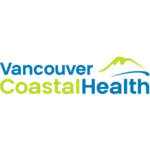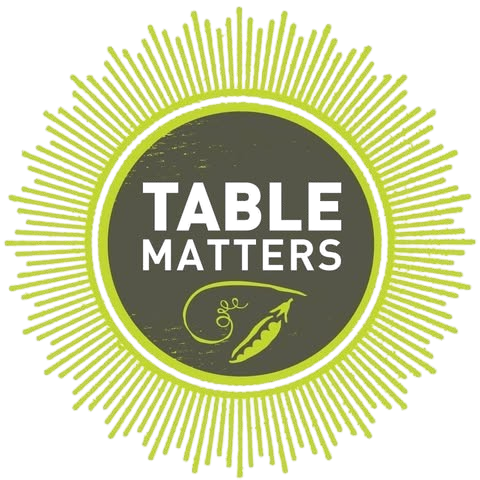Food Charter
The North Shore Community Food Charter outlines a vision and principles for an integrated food system:
- Food is considered a valuable resource at every stage of the food system continuum.
- All people are able to access food in a dignified manner, that is nutritious, safe, and personally acceptable.
- The environment is valued and protected from adverse impacts of the food system.
- Food and food cultures are celebrated.
The North Shore Community Food Charter is a high-level, locally developed policy tool that combines broad action goals to help guide and implement food policy. It outlines a vision and principles related to food production, distribution, access, consumption, processing, and waste handling.
Generated after community-wide consultation, the North Shore Community Food Charter was unveiled in 2013 and endorsed by:










The Edible Garden Project and Loutet Farm are examples of the North Shore Community Food Charter in action.
Loutet Farm is the urban farm located in North Vancouver that sells produce to the local community.
The Edible Garden Project provides a vital community enhancing opportunities for learning sharing and growing community.



